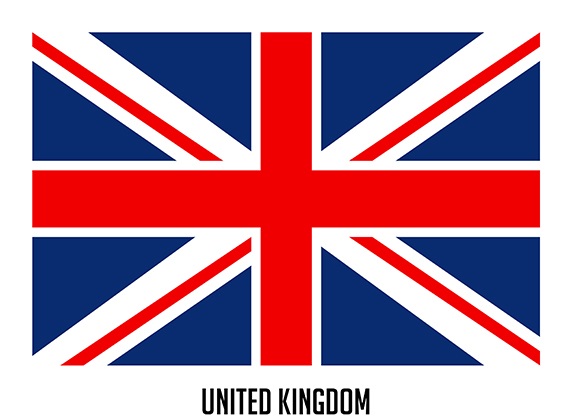The United Kingdom (U.K.) has just entered a two-year period of negotiations with the European Union (E.U.) over the exact terms of its exit from the E.U. As part of its exit from the E.U., it will also be negotiating its exit from Euroatom (the European transnational nuclear association) which currently governs its participation in nuclear projects and the terms of its interaction with nuclear vendors.
The E.U. governing body in Brussels has stated that when the U.K. leaves the E.U., Brussels will transfer ownership of E.U. nuclear waste current stored in the U.K. to the official ownership of the U.K. The negotiating position of the E.U. was published Wednesday as part of the opening of negotiations.
Currently, there is about one hundred and thirty tons of plutonium stored at the Sellafield facility in Cumbria in the U.K. The E.U. proposal would make the U.K. responsible not only for its own fissionable materials but also tons of waste transported over decades from other European countries for reprocessing at Sellafield.
Paul Dorfman, at the Energy Institute at University College London, said, “What was a joint European legacy now becomes a UK home brew, with potentially dire economic consequences for the UK given the sheer expense and weight of this radiological inventory.”
The E.U. says that passing over the legal ownership of the nuclear waste is just a formality because Euroatom’s ownership only existed in “theory.” Timothy Abram, professor of nuclear fuel technology at Manchester university, said, “Euratom has the right to sequester fissile material in extreme circumstances but it is a historical throwback reflecting the world as it was when the treaty was negotiated in the 1950s and there was a threat of nuclear war with the Soviet Union.”
Euroatom is a separate legal entity from the E.U. but it is administered by the E.U. institutions. A U.K. government spokesperson said “The UK supports Euratom and will want to see continuity of co-operation and standards. We remain absolutely committed to the highest standards of nuclear safety, safeguards and support for the industry.” The U.K will also take possession of the property of Euroatom that has been used to monitor and safeguard the fissile material being transferred to U.K.
The U.K. has already concluded agreements with Germany, France, Sweden and the Netherlands to accept permanent responsibility for some of the plutonium that has been reprocessed from the import spent nuclear fuel from those nations. The U.K. government said when it accepted the responsibility for the reprocessed plutonium that it considered that this was a “mutually beneficial arrangement” because it removed the necessity of transporting the plutonium back to the countries that sent it to the U.K.
About twenty percent of the one hundred and thirty tons of plutonium at Sellafield came from the reprocessing of spent nuclear fuel. The plutonium is stored in sealed flasks in a building with tight security. It costs about a hundred million dollars a year to store the plutonium. During the 1990s, the U.K. spent almost two billion dollars to build a facility at Sellafield to create nuclear fuel from the stored plutonium. However, due to many problems encountered in the attempt to complete the facility, the project was abandoned in 2011. There have been some proposals to spend billions of dollars on alternative plutonium recycling but a lot of people would just like to permanently dispose of the plutonium and forget about recycling.
